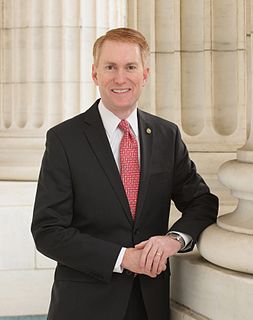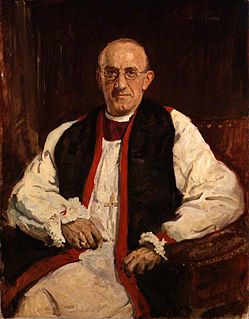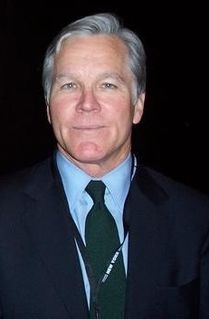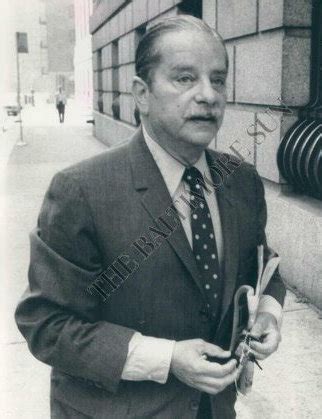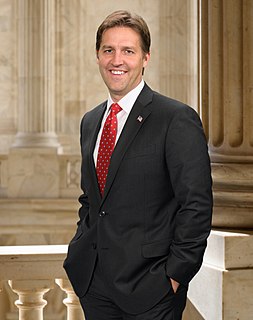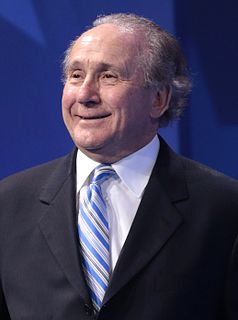A Quote by Mark Twain
There are laws to protect the freedom of the press's speech, but none that are worth anything to protect the people from the press
Related Quotes
I thought that one of the things that we were losing sight of is the basic reasons that we do protect free speech and freedom of the press and the essentiality and centrality in our lives of really giving broad protection to freedom of speech and freedom of the press in America. I thought I could do that by telling stories of some of the cases that established those principles on a real life on the ground basis.
The relative freedom which we enjoy depends of public opinion. The law is no protection. Governments make laws, but whether they are carried out, and how the police behave, depends on the general temper in the country. If large numbers of people are interested in freedom of speech, there will be freedom of speech, even if the law forbids it; if public opinion is sluggish, inconvenient minorities will be persecuted, even if laws exist to protect them.
I recognize the need to provide the press - and, through you, the American people - with information to the fullest extent possible. In our democracy, the work of the Pentagon press corps is important, defending our freedom and way of life is what this conflict is about, and that certainly includes freedom of the press.
Truth affirms freedom of speech. Putin is no friend of reli - freedom of speech. Putin is an enemy of freedom of religion. The U.S. celebrates freedom of religion. Putin is an enemy of the free press. The U.S. celebrates free press. Putin is an enemy of political dissent. The U.S. celebrates political dissent and the right for people to argue free from violence about places or ideas that are in conflict.
I know that some of the folks in the press are uptight about this [moving the press corps out of the West Wing ], and I understand. What we're - the only thing that's been discussed is whether or not the initial press conferences are going to be in that small press - and for the people listening to this that don't know this, that the press room that people see on TV is very, very tiny. Forty-nine people fit in that press room.
You as the press secretary have to protect the president's interests and the White House's interests more broadly. And a lot of people inside the White House, as you learned, sometimes with painful experience, have competing agendas, have differing points of view, have priorities they're trying to protect.
The First Amendment's language leaves no room for inference that abridgments of speech and press can be made just because they are slight. That Amendment provides, in simple words, that "Congress shall make no law . . . abridging the freedom of speech, or of the press." I read "no law . . . abridging" to mean no law abridging.


